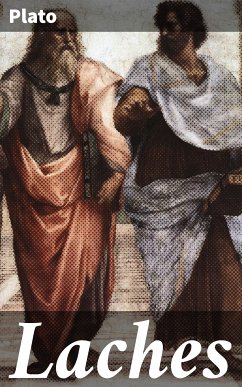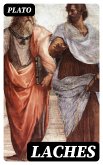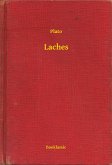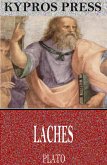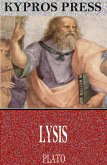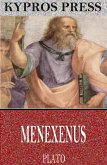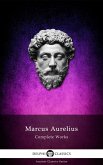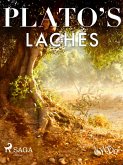In "Laches," Plato explores the complex theme of courage through a Socratic dialogue that involves the characters Laches and Nicias, two Athenian generals, as well as the young interlocutor, Socrates. The text is characterized by its dialectical method, employing questions and answers to analyze the concept of bravery and its implications in both military and personal contexts. Set against the backdrop of the ongoing Peloponnesian War, the dialogue reflects the societal anxieties of Athens regarding virtue and the polis's moral fabric, offering profound insights that resonate with contemporary ethical dilemmas. Plato, a student of Socrates and a cornerstone of Western philosophy, crafted this dialogue in a period of intellectual fervor as Greece grappled with notions of virtue and civic duty. His firsthand experiences of the disintegration of Athenian democratic ideals likely informed his inquiry into the nature of courage, a concept revered in the warrior culture of ancient Greece. Through the character of Socrates, Plato adeptly unravels preconceived definitions, encouraging deeper contemplation of abstract moral principles. "Laches" is an essential read for students of philosophy and classical literature, inviting readers to engage with fundamental questions about virtue and ethics. This dialogue serves not only as a historical document but also as a timeless examination of the moral compass guiding human action, making it relevant for anyone seeking to understand the complexities of courage and character.
Dieser Download kann aus rechtlichen Gründen nur mit Rechnungsadresse in A, B, BG, CY, CZ, D, DK, EW, E, FIN, F, GR, H, IRL, I, LT, L, LR, M, NL, PL, P, R, S, SLO, SK ausgeliefert werden.

